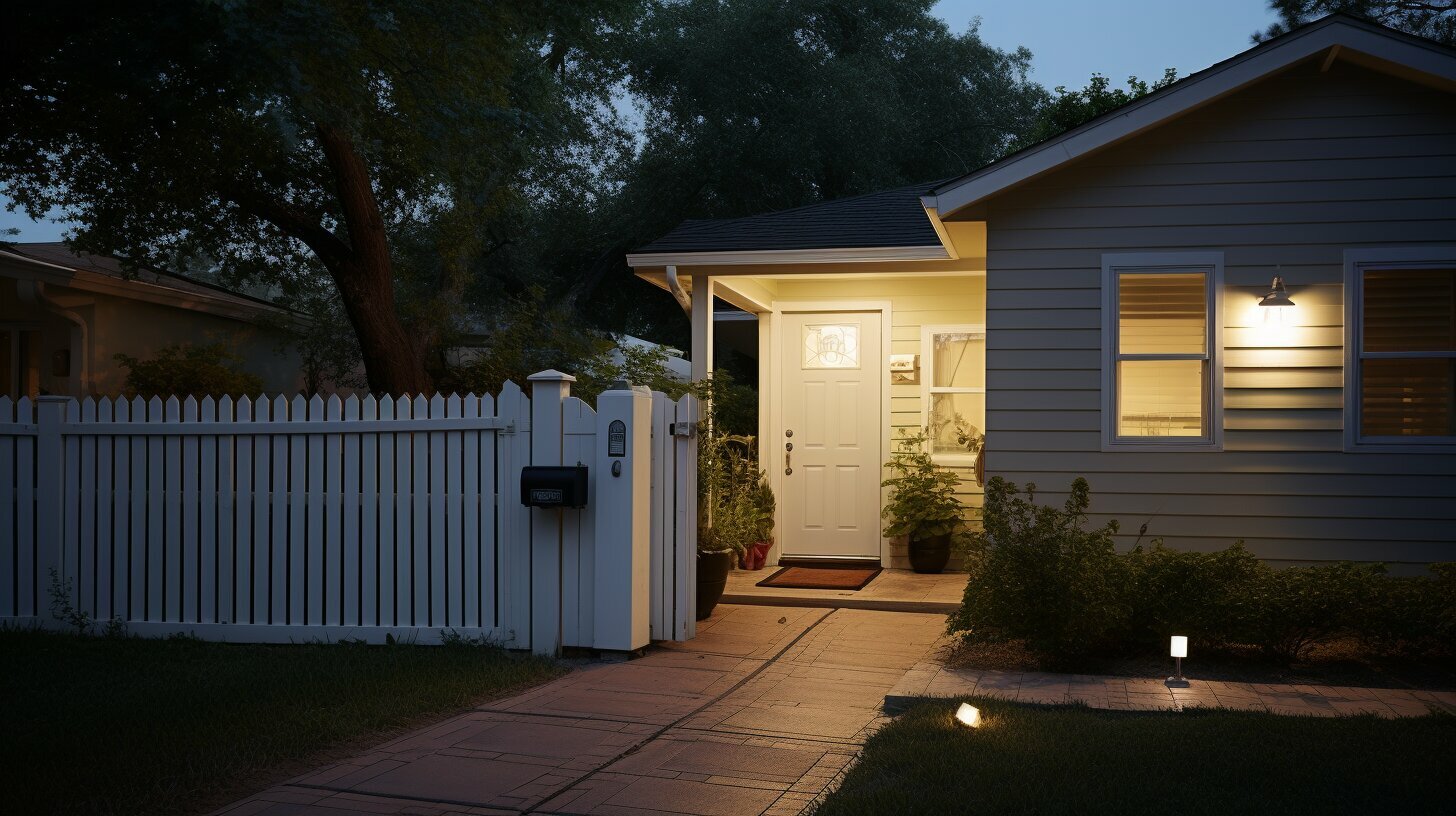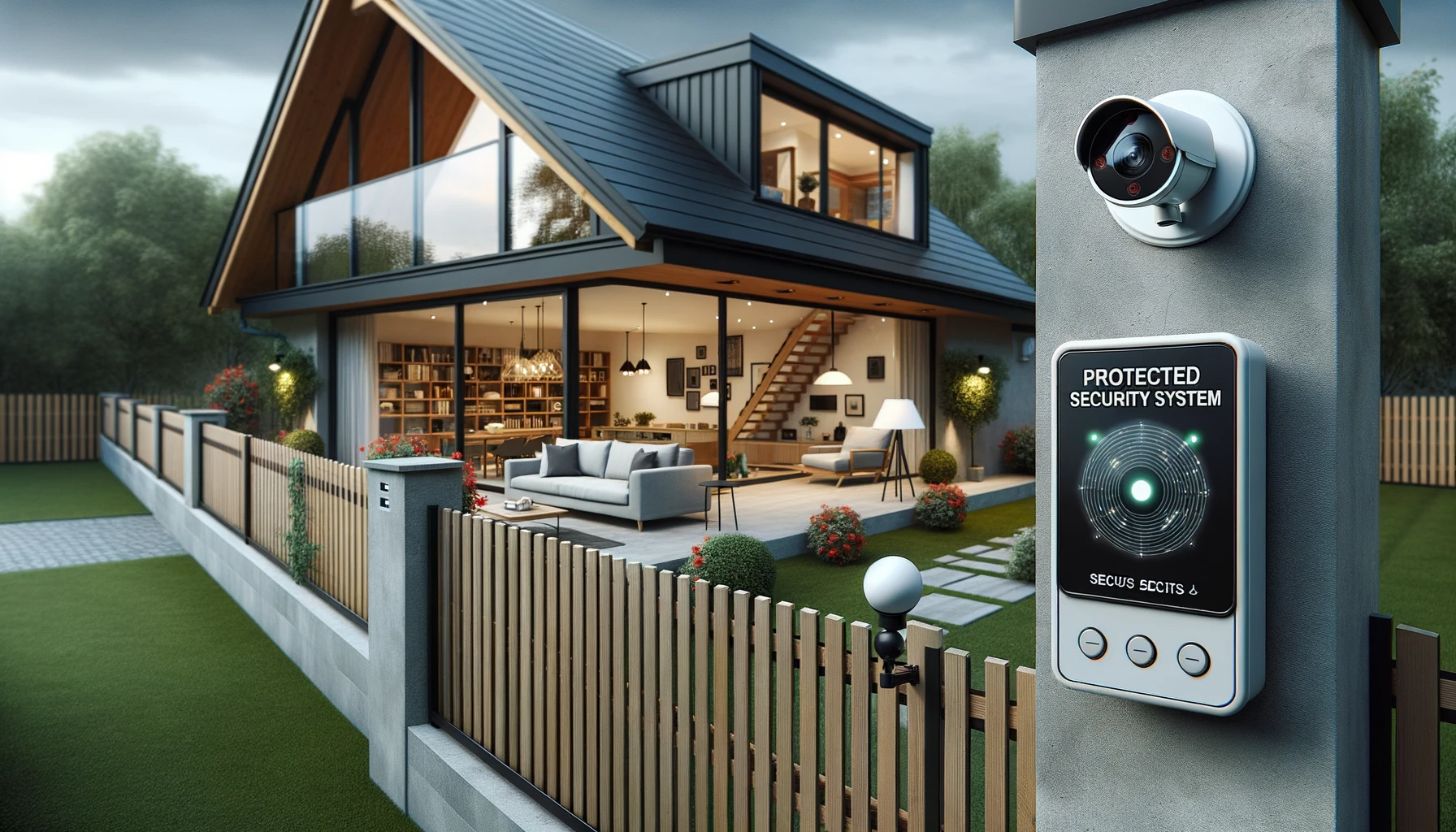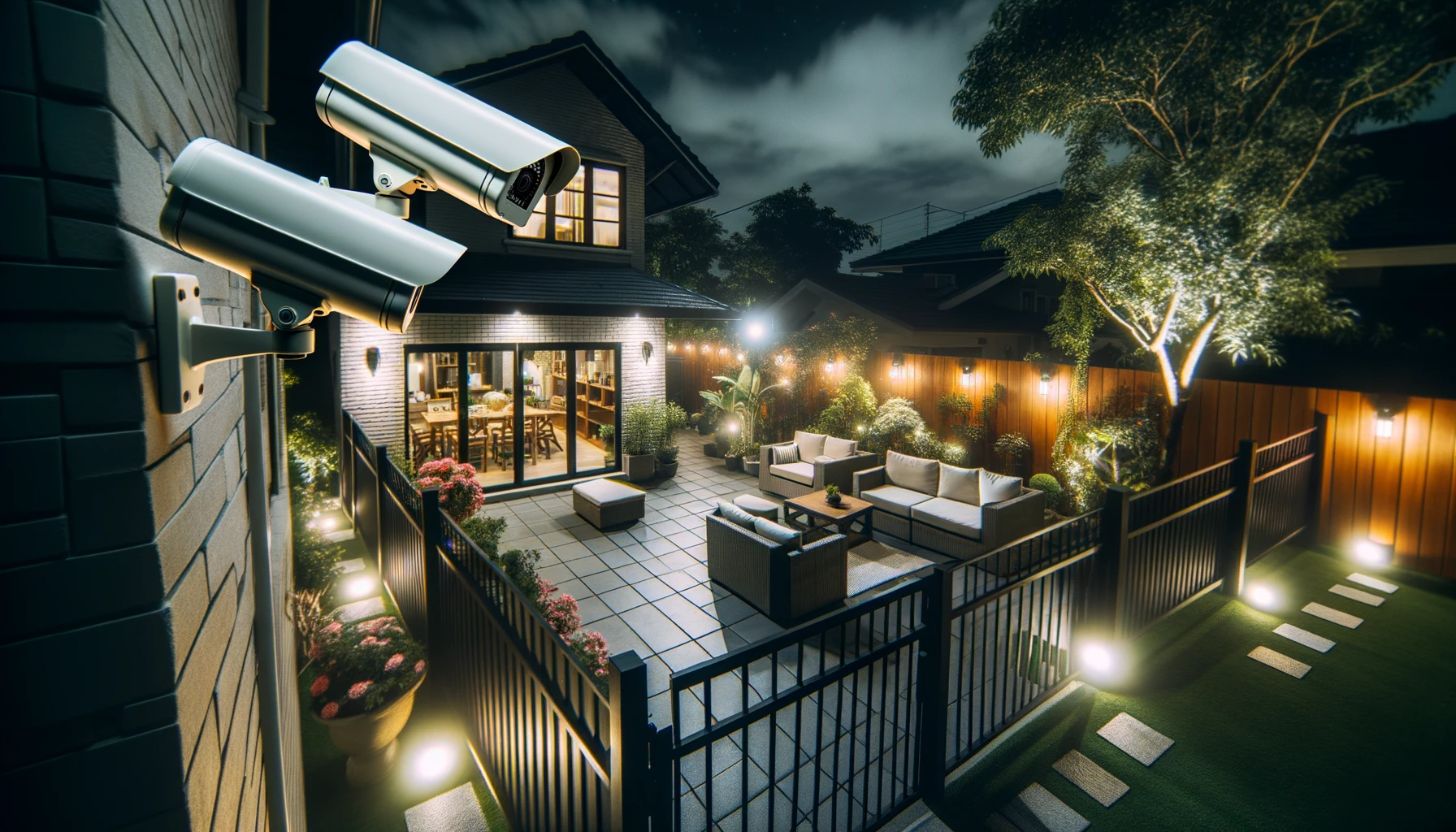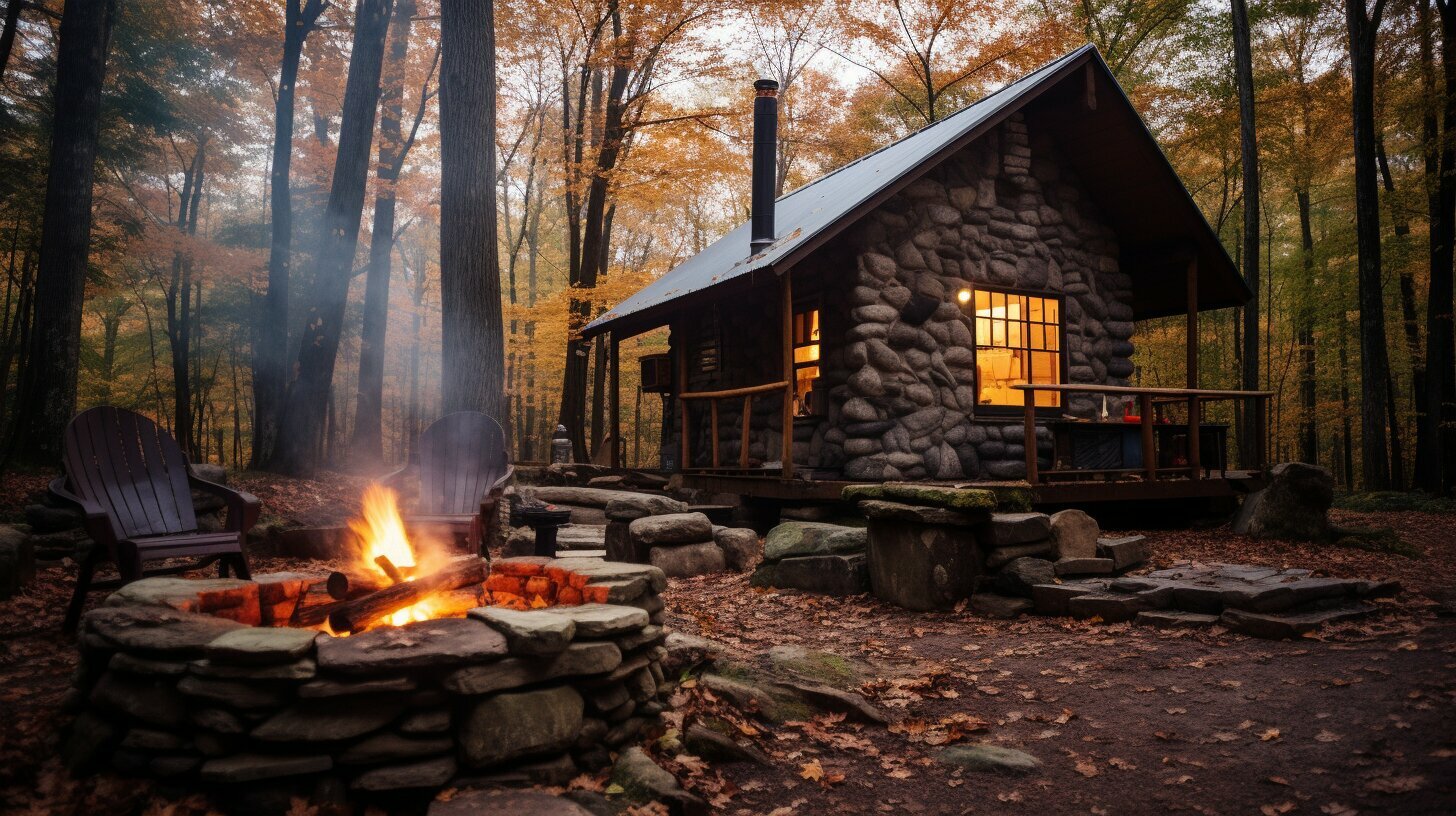As a prepper, one of your top priorities is to ensure that you and your loved ones are safe and secure during emergencies. One critical aspect of prepping is home security, which can offer protection and peace of mind in times of crisis.
Having a robust home security system in place can help deter intruders, safeguard your possessions, and provide a safe haven in an emergency scenario. Whether you are a seasoned prepper or just starting, it’s essential to consider your home security needs and take proactive steps to fortify your home.
Key Takeaways
- Home security is a critical aspect of prepping.
- Having a robust home security system in place can provide protection and safety during emergencies.
- It’s important to consider your home security needs and take proactive steps to fortify your home.
Assessing Your Home’s Vulnerabilities
When it comes to home security for preppers, assessing your home’s vulnerabilities is a critical first step. Identifying weak points in your home’s defenses can help you fortify your property to better prepare for emergencies.
Start with a perimeter check. Walk around the perimeter of your property and examine it from an intruder’s perspective. Look for any unsecured entry points, such as unlocked gates or easily scalable fences. Consider installing additional fencing or gate locks if necessary.
Next, inspect your doors and windows. These are the most common points of entry for intruders. Check that all locks are sturdy and functioning properly. Consider replacing flimsy doors with solid-core models and reinforcing windows with security film or adding window bars.
Also, be aware of potential hiding spots on your property, such as dense foliage or unlit areas at night. Consider adding outdoor lighting or trimming back bushes to eliminate places where intruders could hide.
Finally, think about ways to fortify your home’s structure. Consider installing impact-resistant windows or reinforcing your roof to withstand extreme weather conditions. You can also consider investing in a safe room or storm shelter for added protection.
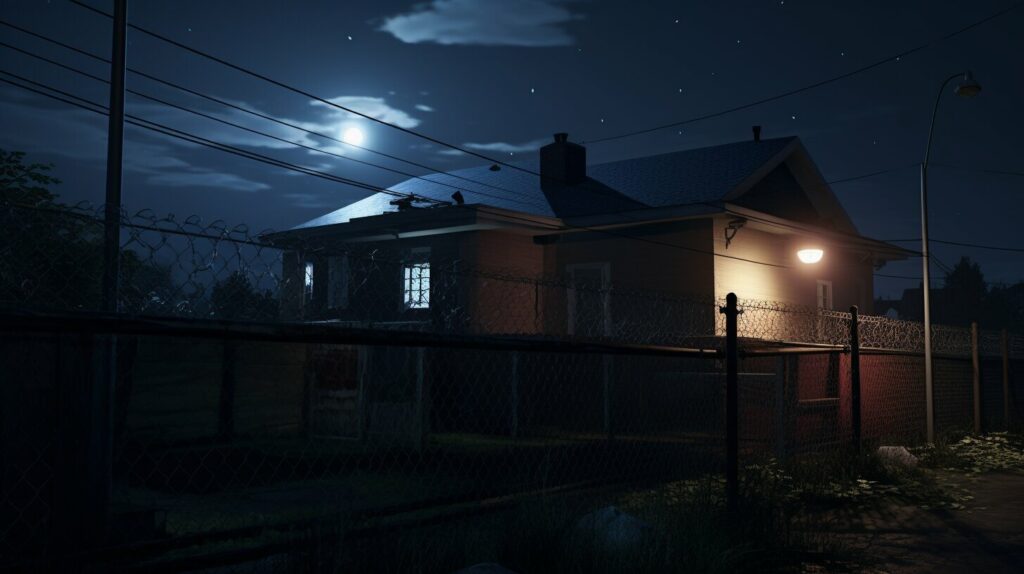
By thoroughly assessing your home’s vulnerabilities, you can take proactive steps to secure your property and better prepare for emergencies. Don’t wait until it’s too late – start fortifying your home for emergencies today.
Home Surveillance Systems
As a prepper, home security is a top priority, and having a reliable surveillance system is essential to ensure your safety and that of your loved ones during emergencies. There are many different types of surveillance systems available, including security cameras, alarm systems, and other monitoring devices, each with its own benefits and drawbacks.
When choosing a home surveillance system, consider your specific needs and the layout of your home. Wireless cameras are a popular choice, as they can be easily installed without the need for complex wiring. However, wired cameras may offer better reliability and signal quality, though they require professional installation.
Alarm systems are also an effective way to enhance your home security, alerting you and the authorities in case of a break-in or other emergency. Many modern alarm systems come with features such as motion detectors, glass break sensors, and remote access, allowing you to monitor your home from anywhere.
In addition to cameras and alarms, there are other monitoring devices that can be useful for preppers. For example, temperature sensors can detect changes in temperature and alert you to potential fires or other hazards, while water sensors can detect leaks and floods.
Choosing the right surveillance system for your needs can be challenging, but taking the time to research and compare options can help you find the best system to protect your home and family. Remember to consider factors such as cost, reliability, and ease of use when making your decision.
Reinforcing Doors and Windows
Fortifying your home for emergencies is essential for ensuring your safety and security as a prepper. One of the most crucial steps in securing your home for prepping is reinforcing doors and windows to make it more difficult for intruders to enter your home.
Start by assessing the condition of your doors and windows. Check for any signs of wear and tear, such as rotting or loose frames, weak hinges, or damaged glass. Address any issues you find to ensure your doors and windows are in good working condition.
Next, install sturdy locks on all your entry points. Consider upgrading to deadbolts or smart locks, which offer more robust security features than traditional locks. Add security bars or grilles to your windows to make it harder for intruders to gain entry through them.
You can also enhance your door’s resistance to forced entry by installing a strike plate reinforcement or door reinforcement kit. These kits help to reinforce the door frame and prevent it from being kicked in or forced open.
Window security measures can also be taken to fortify your home. Consider using window film, which helps to strengthen glass and make it more difficult to break. You can also add window locks or use metal rods or dowels to jam the window shut if necessary.
By reinforcing doors and windows, you can significantly improve your home’s security and reduce its vulnerability to break-ins during emergencies. Take the time to review your doors and windows’ security features and implement any necessary upgrades to ensure your home is secure.
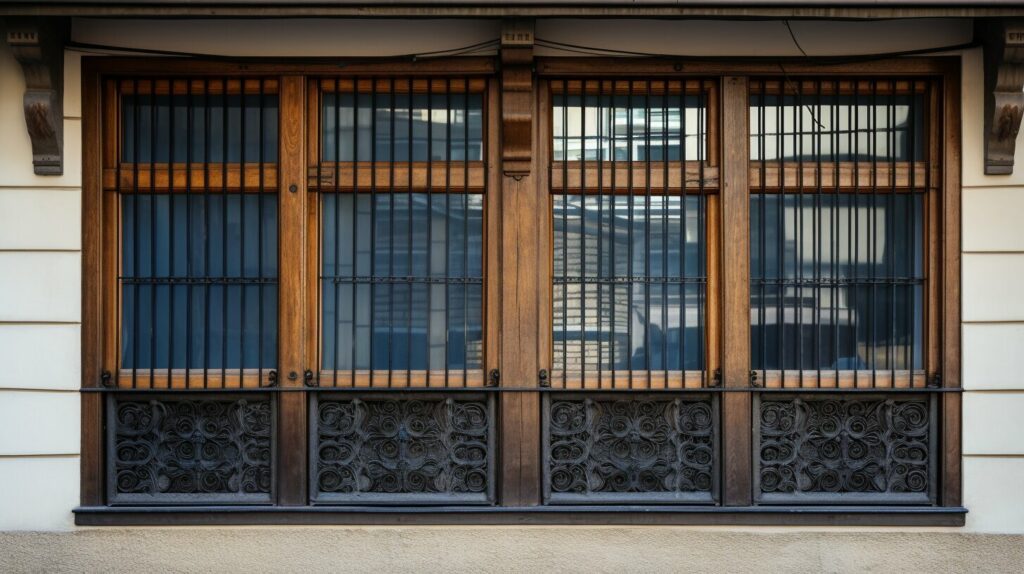
Creating a Safe Room
If you’re a prepper, creating a safe room is an essential part of your home security plan. A safe room is a designated area in your home that is fortified and equipped with everything you need to survive during emergencies. Here’s a prepper’s guide to home security essentials for creating a safe room:
- Location: Choose a room that is easily accessible but also secluded from the rest of the house. A basement or an interior room with no windows is ideal.
- Supplies: The safe room should be stocked with essential supplies, including food, water, medical kits, and communication devices. Make sure you have enough supplies to last for at least 72 hours.
- Fortification: Reinforce the walls, ceiling, and door of the room to make it resistant to break-ins and intrusions. Use solid-core doors, heavy-duty locks, and security film on the windows.
- Communication: Install a two-way radio or satellite phone in the safe room to stay in touch with the outside world.
- Escape Route: Create a secondary escape route in case the main entrance is compromised.
By creating a safe room, you’ll have a designated space where you can retreat during emergencies and stay safe and secure.
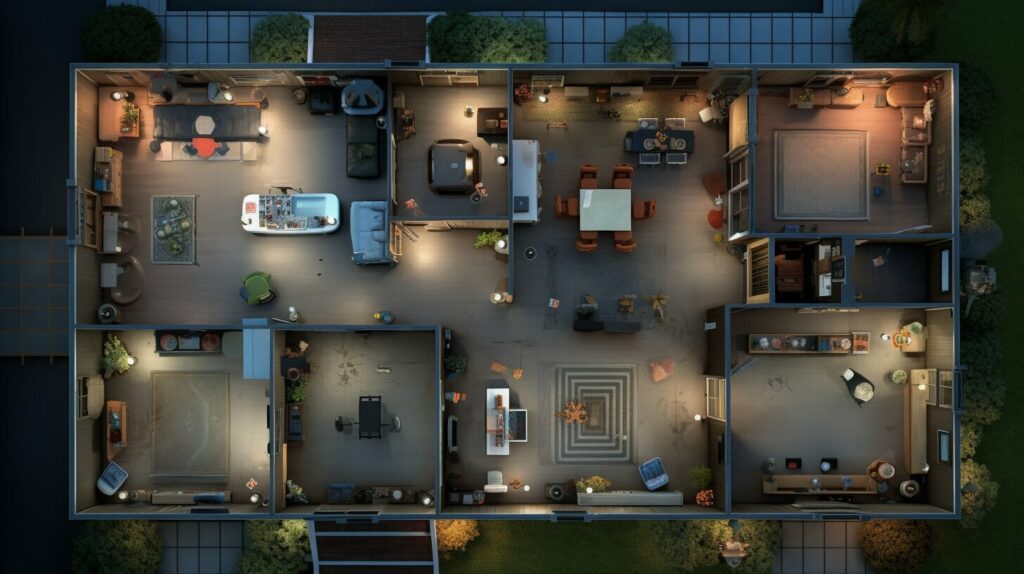
Outdoor Security Measures
When it comes to prepping home security, don’t forget to consider outdoor measures to protect your property. By fortifying the perimeter of your home, you can deter intruders and make it more difficult for them to target your home. Here are some home defense strategies to implement:
- Install a fence around your property to create a physical barrier between your home and the outside world. A sturdy fence can make it more difficult for intruders to gain access to your property. Consider adding a gate with a lock for added security.
- Use landscaping to your advantage by planting thorny bushes under windows or placing prickly plants near entry points to deter potential intruders.
- Invest in outdoor lighting to illuminate the exterior of your home. Motion sensor lights are an effective way to alert you to any potential threats and deter intruders from approaching your property.
By implementing these outdoor security measures, you can make your home less vulnerable to break-ins and improve your chances of staying safe during emergencies.
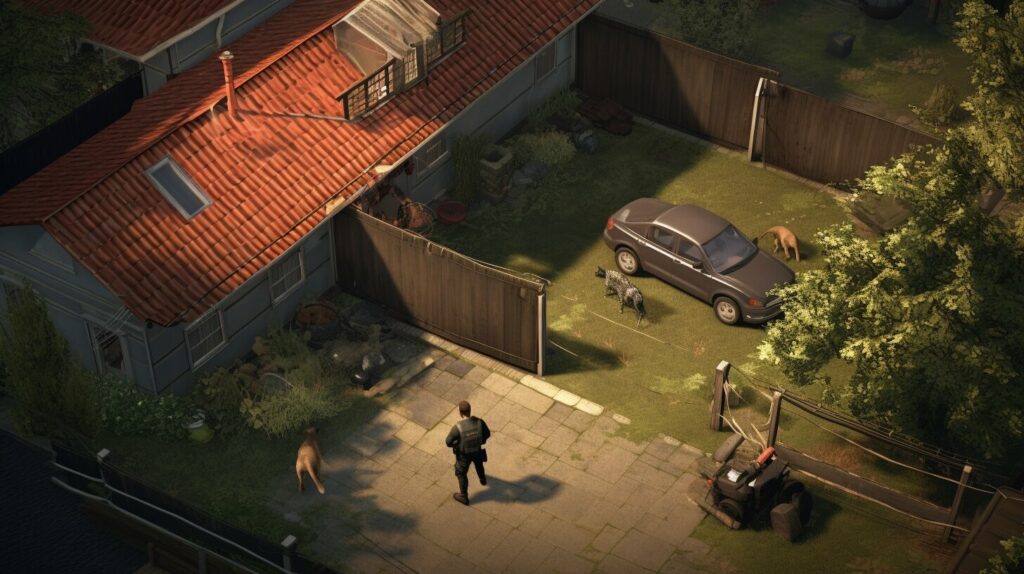
Emergency Communication Systems
When it comes to home security for preppers, having reliable means of communication during emergencies can be crucial. During times of crisis, traditional communication channels may not be available, making it essential to have alternative options.
One of the most important emergency communication systems for preppers is a two-way radio. These devices are affordable, durable, and allow you to communicate with others in your group or with emergency services. Two-way radios do not rely on cellular networks or internet connections, making them a reliable option during power outages or other disruptions.
Another option for emergency communication is a satellite phone. While more expensive than a two-way radio, satellite phones can provide reliable communication from virtually anywhere in the world. This can be especially useful for preppers who live in remote areas or areas prone to natural disasters.
It is also important to have a system for communicating with other members of your household or group during emergencies. This can include designated meeting places, signal codes, or other methods for signaling distress or establishing contact.
By incorporating emergency communication systems into your home security plan, you can ensure that you have the means to stay connected and informed during emergencies. From two-way radios to satellite phones, there are many options available to preppers looking to enhance their communication capabilities.
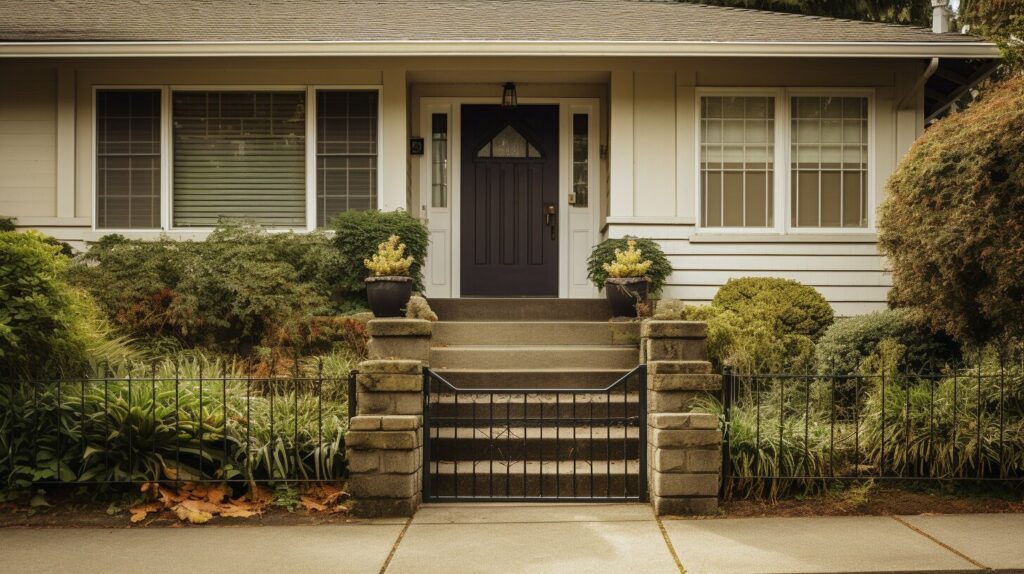
Home Defense Strategies
When it comes to prepper home security, having effective home defense strategies is crucial. You want to protect yourself and your loved ones from potential threats while also minimizing any damage to your property. Here are some tips to help you develop a comprehensive home defense plan:
Stay Alert and Aware
Situational awareness is key to any good home defense strategy. Always be aware of your surroundings and be on the lookout for any potential threats. This means staying alert when you’re outside your home, and keeping an eye out for anything suspicious in your neighborhood. You should also have a plan in place for how to respond to various types of emergencies, such as natural disasters or home invasions.
Self-Defense Techniques
If you’re faced with a threat, you need to be prepared to defend yourself. Taking self-defense classes can help you learn essential techniques for protecting yourself and others. It’s also a good idea to keep items such as pepper spray or a stun gun on hand in case of an emergency.
Non-Lethal Weapons
In addition to self-defense techniques, non-lethal weapons can be an effective way to deter intruders or defend yourself. Consider items such as tasers, batons, or bean bag guns as part of your home defense arsenal.
Secure Your Property
One of the most effective ways to prevent home invasions is to make your property as secure as possible. Install strong locks on all doors and windows, and consider adding security cameras or motion sensors. You may also want to install a fence or gate around your property to further deter intruders.
Be Prepared for Anything
In an emergency situation, you may need to take action quickly. Make sure you have a well-stocked emergency kit on hand with essential supplies such as food, water, and first aid supplies. You should also have a plan for how to communicate with family members and emergency services in case of an emergency.
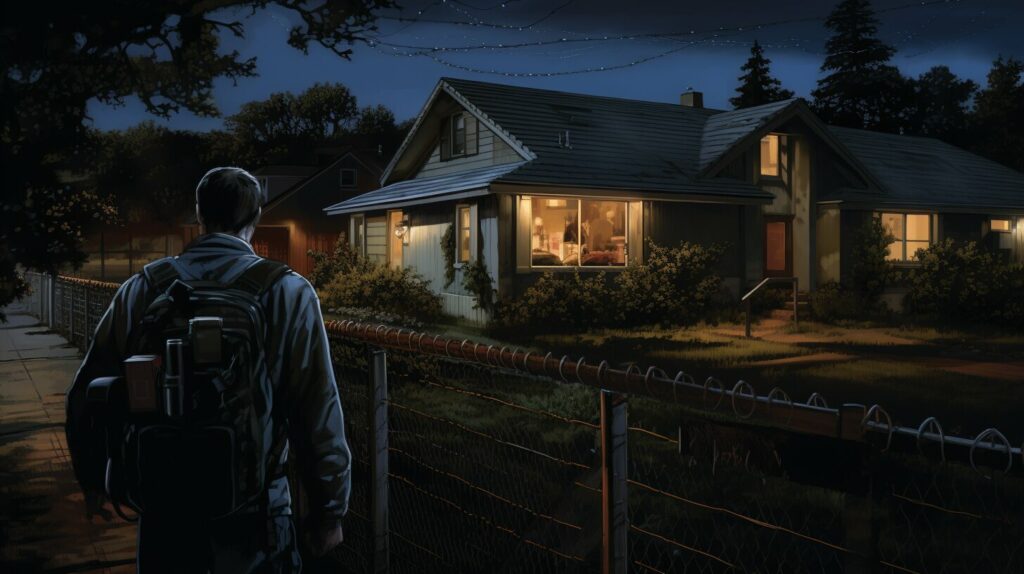
By following these home defense strategies, you can better protect yourself and your loved ones in emergency situations. Keep in mind that there are many factors to consider when developing your prepping home security plan, so be sure to assess your individual needs and risks to create a plan that works for you.
Stocking Essential Supplies
To ensure your safety during emergencies, it’s crucial to stock up on essential supplies. Prepping home security means being prepared for any scenario, and having the right supplies on hand can make all the difference. Emergency home security also means having enough provisions to sustain yourself and your loved ones for an extended period of time.
Start by storing a sufficient amount of food and water, accounting for at least three days’ worth of supplies per person. Choose non-perishable foods that are easy to store and prepare, such as canned goods, dry goods, and freeze-dried products. Don’t forget to include a manual can opener in your kit. For water, store at least one gallon per person per day, and consider purchasing a water filtration system to ensure a clean water supply.
In addition to food and water, it’s important to have a well-stocked first aid kit on hand. Include essential items such as bandages, gauze, antiseptic wipes, and pain relievers. If you or someone in your household has specific medical needs, make sure to include any necessary medications or supplies.
Other essential supplies to consider include flashlights with extra batteries, a portable radio, blankets or sleeping bags, and a multi-tool or Swiss Army Knife. Don’t forget to pack extra clothing, including sturdy shoes and warm layers, in case you need to evacuate your home.
By taking the time to stock up on essential supplies, you can ensure that you and your loved ones are prepared for any emergency situation. Prepping home security means anticipating the unexpected and having a well-stocked kit can give you peace of mind, knowing that you’re ready for anything that comes your way.
Conclusion
Home security is an essential aspect of prepping, and it can help ensure your safety and security during emergencies. By assessing your home’s vulnerabilities, installing surveillance systems, reinforcing doors and windows, creating a safe room, and employing outdoor security measures, you can enhance your home’s security and better protect yourself and your loved ones.
Emergency communication systems and home defense strategies are also critical elements of a comprehensive home security plan, along with stocking essential supplies such as food, water, and first aid kits. By taking proactive steps to prepare for emergencies, you can ensure that you are ready for any situation that may arise, no matter how challenging.
Remember, home security for preppers is not just about protecting your property; it’s about safeguarding your life. By remaining vigilant and proactive, you can create a secure living environment that will help you weather any storm. So, take action today to fortify your home and stay safe and secure, no matter what the future holds.
FAQ
Q: Why is home security important for preppers?
A: Home security is important for preppers because it helps ensure their safety and security during emergencies. By fortifying their homes and implementing effective security measures, preppers can protect themselves and their loved ones from potential threats.
Q: What should preppers consider when assessing their home’s vulnerabilities?
A: Preppers should consider weak points in their home’s security, such as doors, windows, and entry points. It is important to identify areas that may be susceptible to break-ins or breaches during emergencies.
Q: What are some types of home surveillance systems for preppers?
A: Preppers can consider security cameras, alarm systems, and other monitoring devices for their home surveillance systems. These systems can help deter potential intruders and provide valuable footage in case of any security incidents.
Q: How can preppers reinforce their doors and windows?
A: Preppers can reinforce doors and windows by installing sturdy locks, adding window security measures, and strengthening entry points. These measures make it more difficult for intruders to gain access to the home.
Q: What is a safe room and why is it important for preppers?
A: A safe room is a designated space in the home that offers maximum protection during emergencies. It is important for preppers because it provides a secure area where they can seek refuge and store essential supplies.
Q: What are some outdoor security measures for preppers?
A: Preppers can enhance their home security by implementing perimeter security measures such as fences, gates, lighting, and strategic landscaping. These measures deter intruders and create a more secure environment.
Q: What are some reliable emergency communication systems for preppers?
A: Preppers can consider two-way radios, satellite phones, and other communication devices that can help them stay connected during emergencies when traditional communication methods may not be available.
Q: What home defense strategies can preppers employ?
A: Preppers can practice situational awareness, learn self-defense techniques, and consider the use of non-lethal weapons as part of their home defense strategies. These measures help protect themselves and their homes from potential threats.
Q: Why is stocking essential supplies important for preppers?
A: Stocking essential supplies such as food, water, and first aid kits is important for preppers to sustain themselves during emergencies. Having an adequate supply of these critical items ensures their safety and security while at home.

